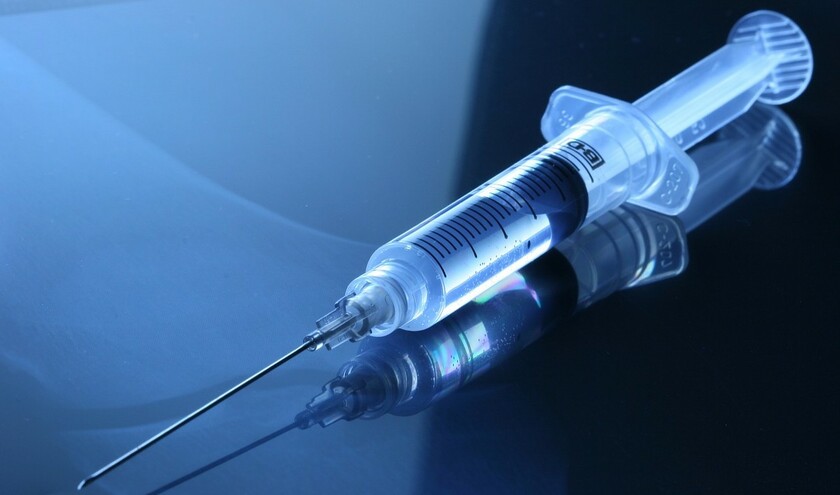The latest UKHSA HPV coverage data in adolescents 2023 to 2024 shows inequalities in vaccination uptake in different areas and regions across the country:
- HPV coverage for female year 10 students by NHS commissioning region was lowest in London (64.9%) and highest in the South East (82.7%)
- HPV coverage for male year 10 students by NHS commissioning region was lowest in London (58.9%) and highest in the South East (77.3%)
- HPV coverage for female year 10 students at local authority level ranged from 38.7% (Lambeth) to 97.6% (Northumberland)
- HPV coverage for male year 10 students at local authority level ranged from 28.2% (Lambeth) to 92.2% (West Berkshire).
In addition, data provided by Cancer Research UK on Cervical cancer incidence statistics report that rates in England are 65% higher in the most deprived quintile compared with the least deprived.
Research has shown that receiving the HPV vaccine before age 16 provides significantly stronger immune responses and greater protection against HPV-related cancers. While early vaccination is optimal, getting a HPV vaccination later as part of the catch-up programme still provides strong protection against HPV-related cancers.
HPV vaccinations are also offered to boys in school in year 8 and 9, which helps protect them against HPV infection and its complications, including genital warts, head and neck cancers and genital cancers.
Dr Sharif Ismail, consultant epidemiologist at UKHSA, said: ‘The HPV vaccine, now just a single dose offered in schools, is one of the most powerful tools we have for cancer prevention. Every vaccination represents a young person with better protection against the devastating impact of HPV-related cancers and we must do more to ensure that no teenage girl or boy, young woman or man is denied that protection no matter where they live.
‘Although we have seen some increase in the number of young people being vaccinated, uptake is still well below pre-Covid pandemic levels. Over a quarter of young people, many thousands, are missing out on this potentially life-saving vaccine, which protects not only against cervical cancer but all young adults, men and women, against genital warts and some genital cancers, as well as mouth and throat cancers.'
Dr Amanda Doyle, national director for primary care and community services at NHS England, said: ‘The NHS HPV vaccination programme has already helped save thousands of lives and we need to go further to boost uptake of HPV vaccines and cervical screening to help eliminate cervical cancer in England by 2040.
‘If we can ensure that almost every Year 10 girl in some areas is protected and extremely unlikely to ever develop cervical cancer, we need to match this in every part of the country. It's vital for boys and young men to be vaccinated too. Rates in boys still lag behind girls and HPV causes thousands of cancers in men as well as things like genital warts.'



